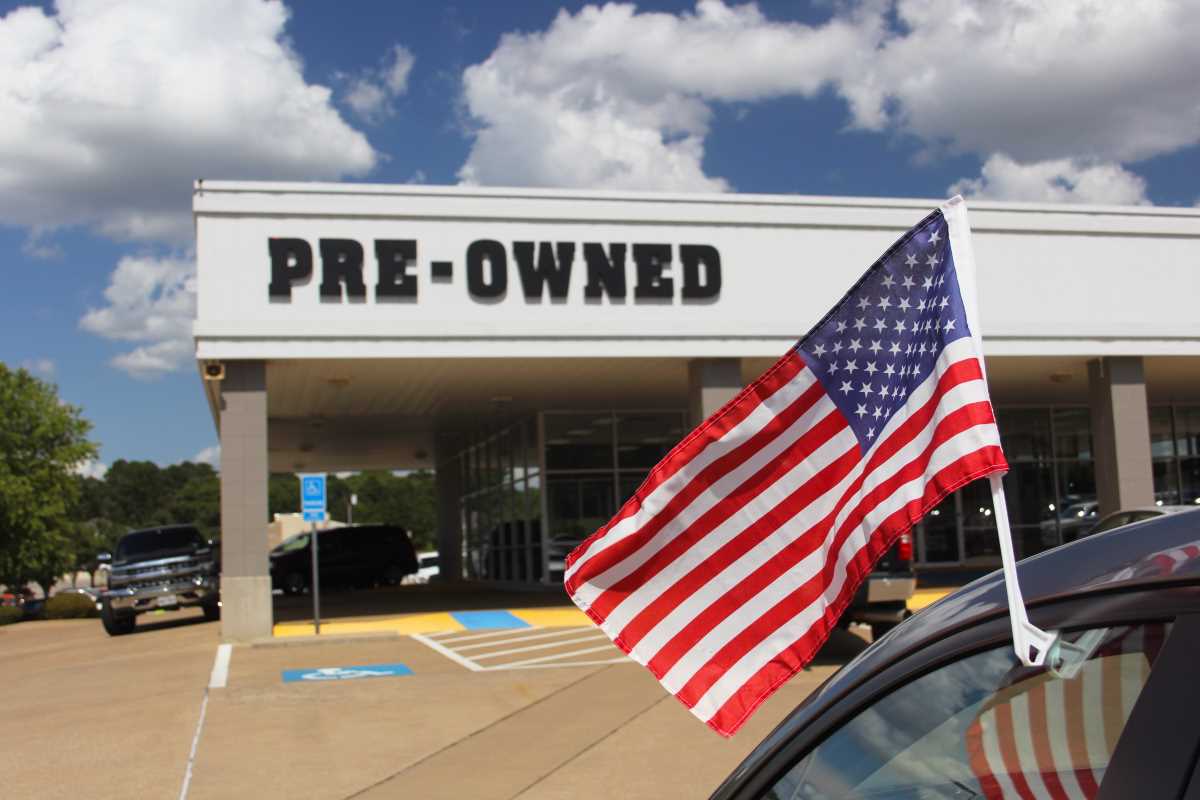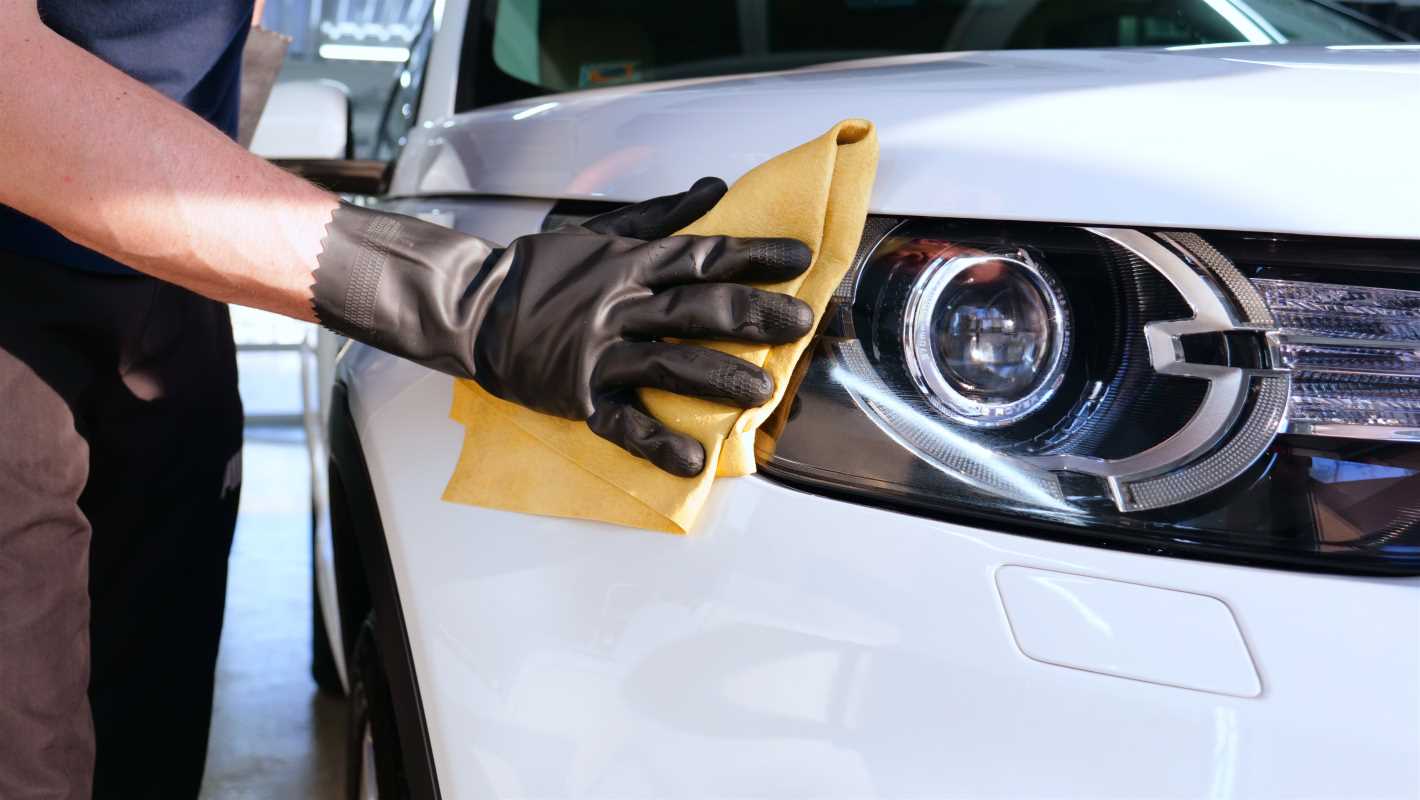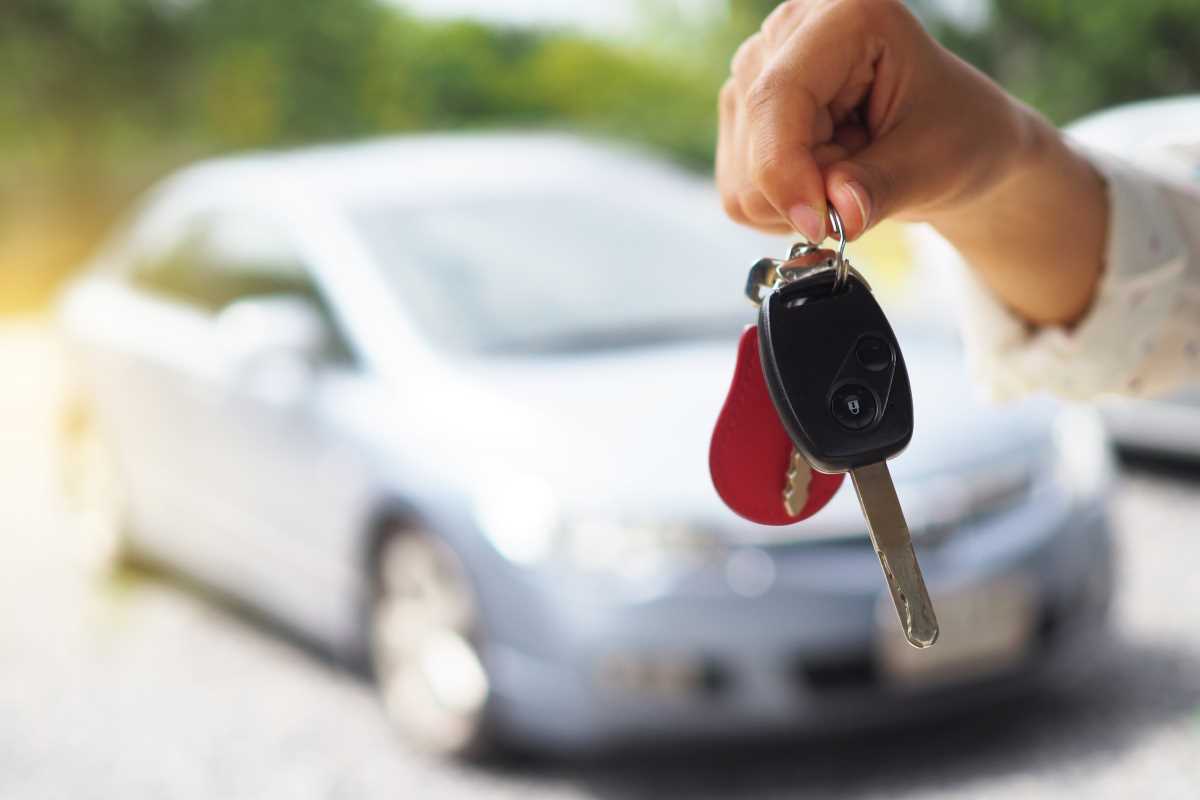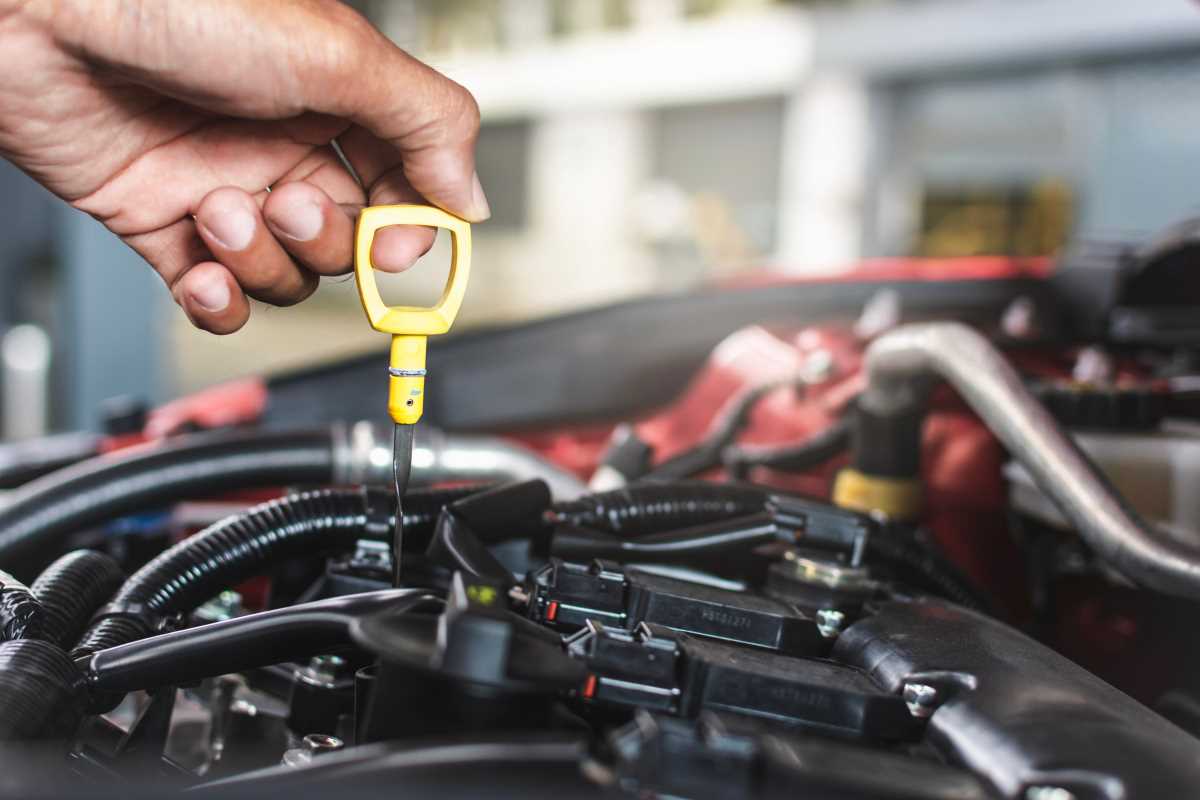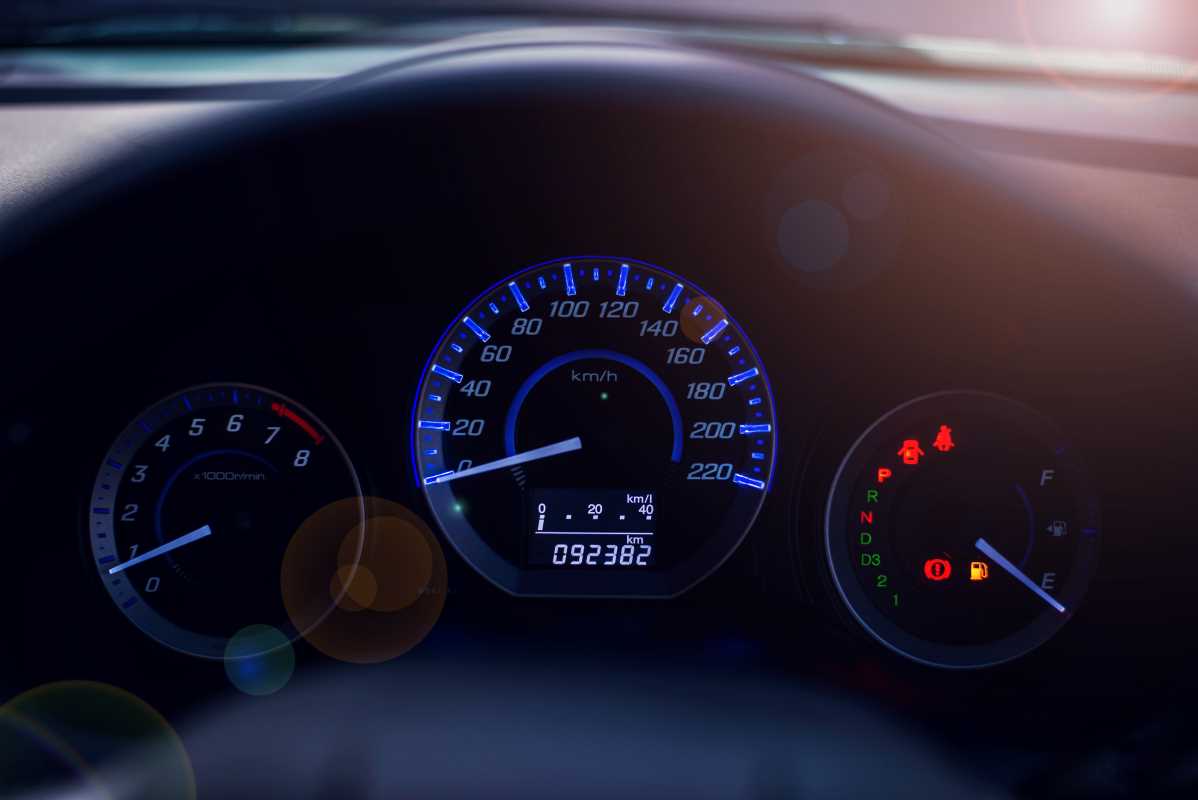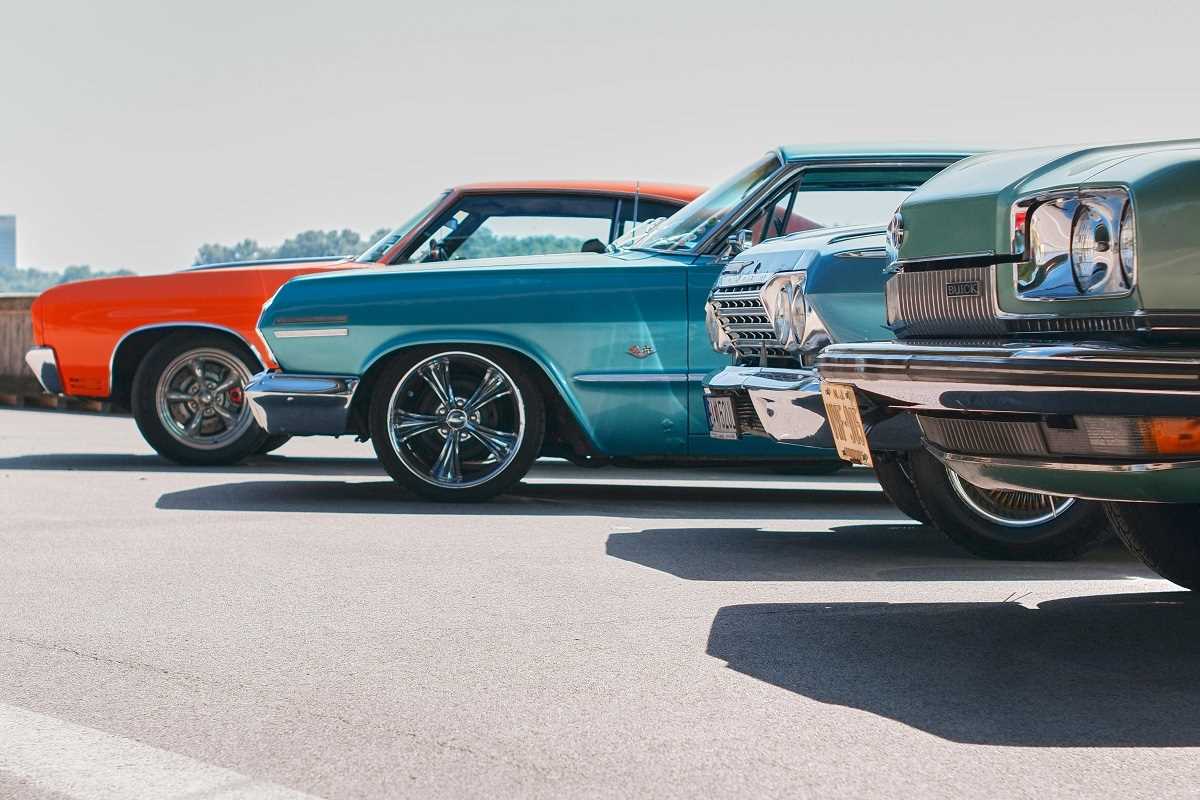Depreciation might not be the flashiest topic, but it’s one that packs a punch when it comes to buying or selling cars, especially luxury ones. If you’ve ever wondered why a sleek, high-end car can lose so much value just driving off the lot, you’re not alone. Luxury vehicles are often associated with prestige, performance, and cutting-edge features, so it seems odd how quickly their prices drop. But there are reasons this happens, and understanding them can help you make smarter choices when buying a used car or even when deciding whether to splurge on a new luxury model. To help you out, here’s a breakdown of why depreciation hits luxury cars harder and what to keep an eye on if you’re in the market for one.
The Sticker Price Problem
One of the biggest reasons luxury cars depreciate faster is tied to their high starting prices. When you buy a premium sedan, SUV, or sports car, a significant part of what you’re paying for isn’t just the vehicle’s functionality. You’re also shelling out for prestige, exclusivity, and branding. Unfortunately, these factors don’t hold much weight in the resale market. A car that was once a symbol of status doesn't necessarily keep that same appeal a few years down the road.
Buyers looking for used vehicles tend to focus on practicality rather than prestige. They want value for their money, and while luxury cars are attractive, their high maintenance costs (hello, pricey repairs!) and potential for expensive parts can scare off buyers. This lower demand drives down resale prices, leaving luxury car owners feeling the sting of depreciation faster than those with mainstream vehicles.
Technology That Ages Quickly
Luxury cars are known for having all the latest tech and gadgets, from top-tier infotainment systems to advanced driver-assistance features. At the time of purchase, this cutting-edge tech is a major selling point. However, technology becomes outdated faster than you’d think. Just like smartphones or laptops, car tech evolves rapidly, and what was state-of-the-art five years ago might seem ho-hum now.
For example, that built-in navigation system that looked futuristic in 2015? It’s probably clunky compared to the seamless integration of Apple CarPlay or Android Auto today. This rapid pace of obsolescence can hurt luxury cars in the used market because buyers might be less willing to pay a premium for features that don’t feel new anymore.
High Maintenance Costs
Luxury cars don’t just cost more upfront; they also carry higher lifetime costs. Maintenance and repair expenses for high-end brands like BMW, Mercedes-Benz, and Audi can be significantly costlier than for mainstream models. From oil changes to replacement parts, luxury vehicles often require specialized service, and that doesn’t come cheap.
Potential buyers of used luxury cars often factor these maintenance costs into their purchasing decision. If a car promises hefty repair bills down the line, they’ll likely push for a lower price or look elsewhere. That reduced demand means the car’s depreciation curve drops even faster.
Leasing’s Impact on Depreciation
Here’s the thing about luxury cars: many people don’t buy them outright. Instead, they lease them. Leasing is an attractive option for those who want the latest and greatest luxury models without the long-term commitment. But after those leases end, the market often becomes flooded with gently used luxury vehicles.
This surplus can significantly affect resale values. When there’s an abundance of supply, prices naturally go down. While this is great news for buyers interested in snagging a high-end car at a fraction of its original price, it’s not so great for resale value if you’re the one trying to sell.
How to Navigate Depreciation and Make a Smart Choice
Now that we’ve covered why depreciation affects luxury cars so heavily, it’s time to focus on what you can actually do about it. If you’re interested in a luxury car, understanding the market and knowing what to look for can save you a lot of money and potential headaches.
Focus on Reliable Brands
Not all luxury cars depreciate equally. Brands known for their reliability, such as Lexus and Porsche, tend to hold their value better over time. Lexus vehicles, for example, pair upscale features with Toyota’s stellar reputation for dependability. This means buyers can feel confident purchasing a used Lexus, keeping demand high and depreciation lower.
Porsche, on the other hand, benefits from its iconic status. Models like the 911 are known for their timeless design and performance, which helps them retain value far better than most luxury cars.
Search for Models With Lower Maintenance Costs
Before purchasing a luxury vehicle, do your research on maintenance costs. Some models have a better track record for affordability when it comes to repairs and parts. A car with lower anticipated maintenance expenses will likely hold more appeal for future buyers, which means it could retain its value better.
Consider Certified Pre-Owned Options
Buying a certified pre-owned (CPO) luxury vehicle offers a nice balance between affordability and peace of mind. CPO cars often come with extended warranties, rigorous inspections, and service records, making them attractive to potential buyers down the road. Plus, you avoid the steep initial depreciation hit that comes with buying new.
Classic Appeal Always Wins
Finally, some luxury cars are practically immune to typical depreciation trends because they have classic appeal. Think along the lines of a vintage Aston Martin or a collectible Ferrari. While these types of cars may not be practical daily drivers, their exclusivity and timeless designs can make them fantastic investments. If you’re considering a luxury car as more than just transportation, a classic model could be a smart move.
While luxury cars seem to lose value like loose change in a couch, knowing why it happens can help you make choices that work in your favor. Whether you’re buying for the badge or the features, keep these insights in mind, and you’ll be more likely to find a luxury ride that fits your lifestyle and budget.
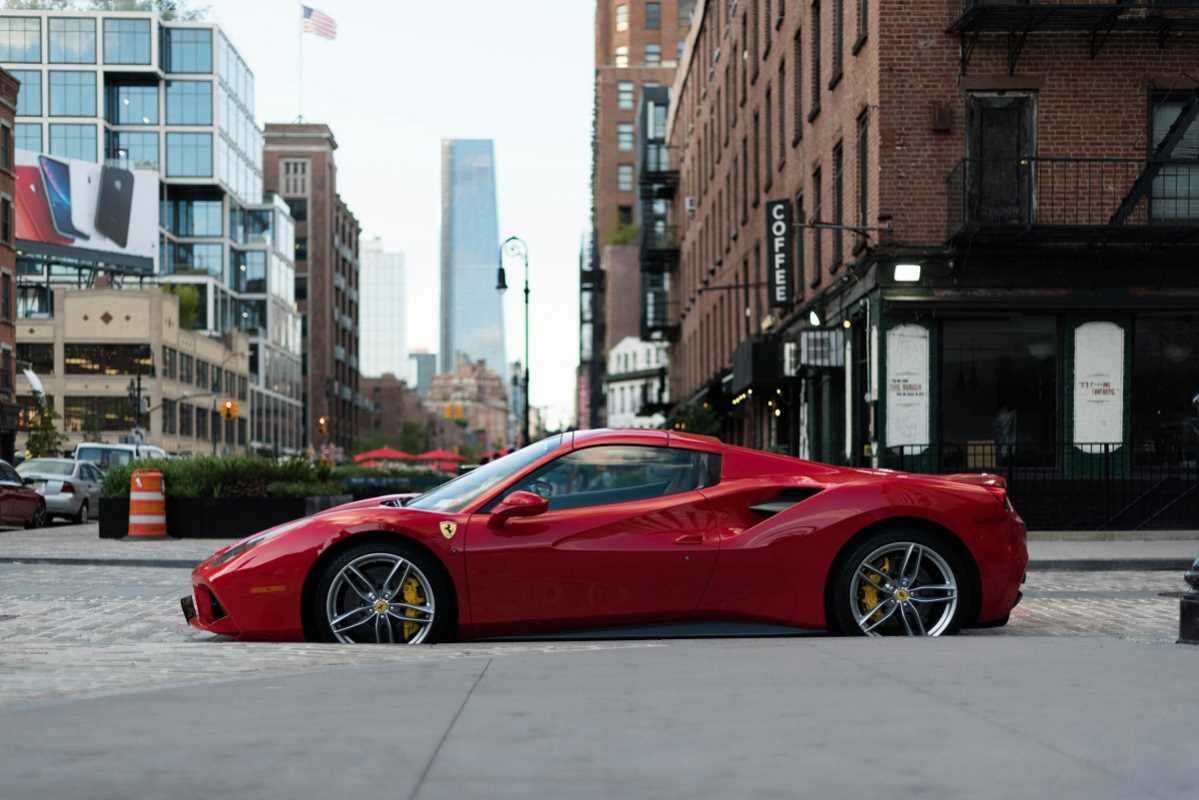 (Image via
(Image via